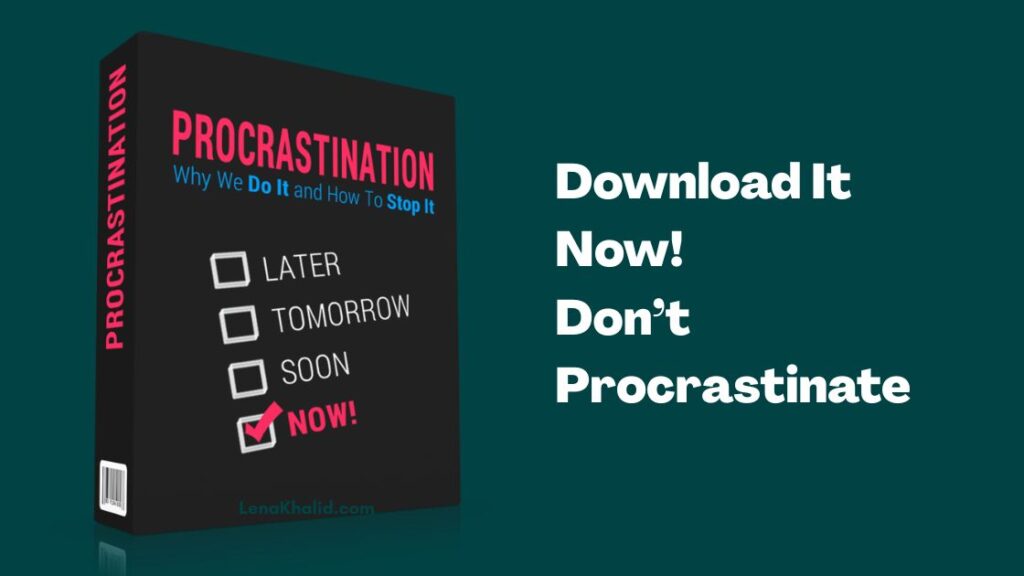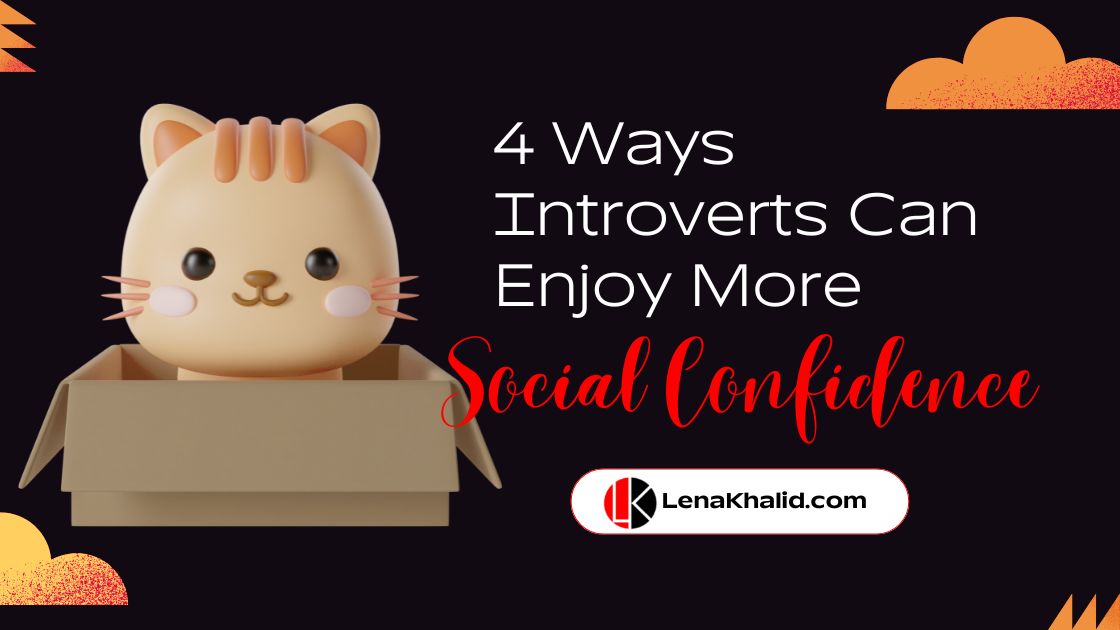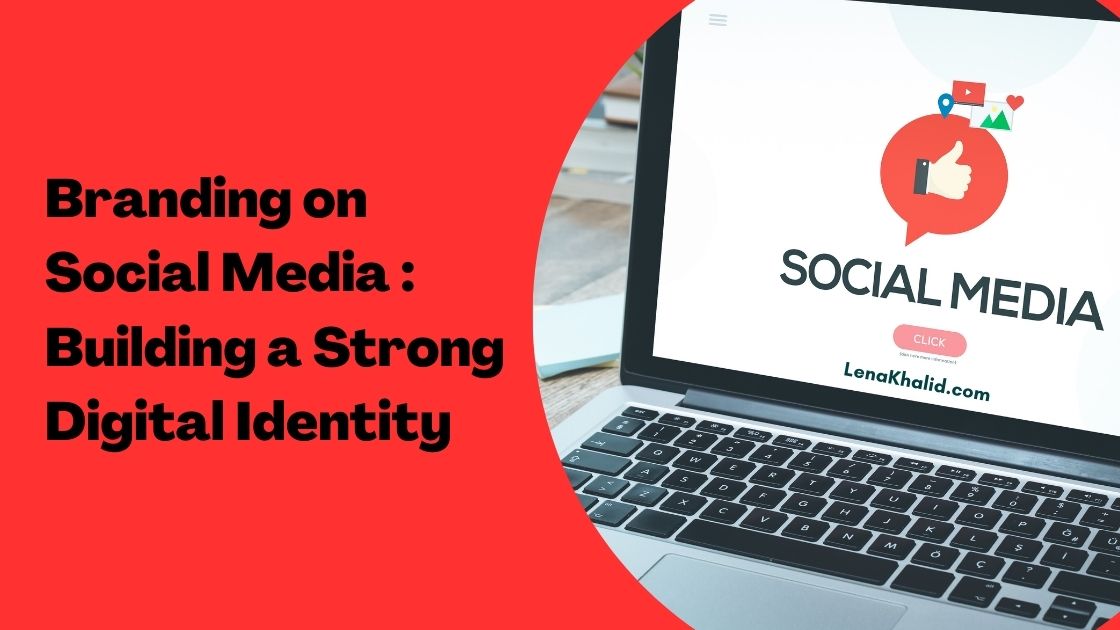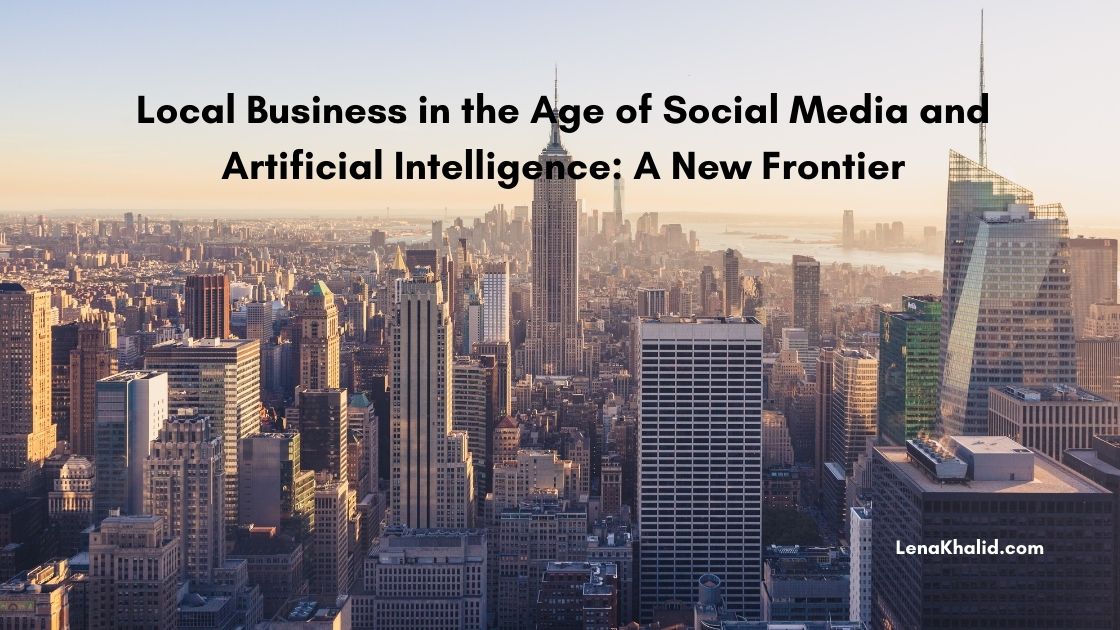
Why Did It Take Three Days For X To Remove Holocaust Denial Post?

It took almost three days for X, the social media platform formerly known as Twitter, to remove a post denying the Holocaust—and the move only came after the service received criticism from the Auschwitz Museum. X initially said the post did not break its rules on hate speech.
It was on Saturday that the museum first posted an image of a three year-old Jewish girl who was among those murdered in the death camp’s gas chambers. A reply to the post featured the black-and-white photo of the child with a cartoon of a hook-nosed man with gold coins and a prayer shawl, stating, “I’ll make trillions off this fairytale!”
X’s policies state that Holocaust denial is prohibited, but after the museum reported the incident, it received the reply, “After reviewing the available information, we want to let you know [the account]
hasn’t broken our safety policies. We know this isn’t the answer you’re looking for. If this account breaks our policies in the future, we’ll notify you.”
It was only after the story attracted media attention that X finally removed the post, but the account had remained active as Monday afternoon.
It was just this week that Elon Musk, who acquired Twitter last year, announced that the platform will remove the feature to block users, including those who may harass or intimidate others. Musk, who describes himself as a free speech absolutist, has also denied there has been a rise in hateful posts since he took over Twitter—even as this instance serves as an example of such.
“We cannot take Elon Musk at face value, can we,” pondered Susan Campbell, distinguished lecturer in the department of communication, film and media studies at the University of New Haven. “He claims to be a free-speech absolutist, but he appears more dedicated to protecting hate speech than, say, taking responsibility for the rise of hate speech on his own social media platform.”
As reported last month, there has been steady rise of Antisemitism and other hate speech on the platform.
“Pretty much immediately upon Musk’s taking on X hate speech rose,” warned Campbell. “The ADL knows this. So do BLM organizers. And when users report clear violations of X’s own rules, actions aren’t taken nearly as quickly as they were, pre-Musk.”
Hate Speech Is Not Free Speech
The Auschwitz Museum has said it has to contend with Holocaust denial almost daily, and in the Musk era, X is now much slower to remove the content. What could be an issue is that much of the time the denial in the form of an opinion rather than a direct call for violence.
In other words, Musk appears to be allowing someone to say “it didn’t happen,” and not see that as hateful or harmful.
“Hateful Antisemitic speech goes beyond ‘free speech’ and has no place in any public square,” said Susan Schreiner, social media analyst at C4 Trends. “Freedom of speech was intended as a protected forum for respectful political and social debate—but not as a permissible platform to spew and incite hate, extremism, racism, xenophobia and more.”
As noted, such hate speech has been on the rise across social media, but the recent findings suggest that under Musk’s leadership, it has visibly escalated on X. Given advances in technology, it really wouldn’t be all that difficult for the platform to counter this sort of content—but little to no effort is being made.
“Why don’t social media giants look to prioritize content, including when it comes to refining their algorithms and design features that either exacerbate or help curb Antisemitic, extremist and more virulent content,” added Schreiner. “While there might be no single fix for online hate and antisemitism—each media giant must do more to create a safer and less hate-filled Internet.”
In this case, X only deleted the Antisemitic Holocaust denier post after there was pressure—and Schreiner noted that many others whose accounts were previously banned and allowed to return.
“Within this context, Musk’s latest new policy about removing the ability to block someone will have dangerous and perhaps unintended consequences,” she warned.
Bad For Business
The lingering question is how these recent actions—including removing the block feature—can be remotely considered a sound business strategy?
“What brand would want to place an ad that somehow appears next to a toxic antisemitic or extremist post,” noted Schreiner. “Why would a company put its brand and reputation at risk? While Musk seems to have a grand vision for X or how to recoup his investment—increasingly it would appear as if X is moving towards a reckoning of sorts. Will X’s future be defined as a platform for trolls or will it take actions that move it towards becoming a responsible partner in a legitimate forum where different points of view can safely, peacefully and respectfully co-exist?”





